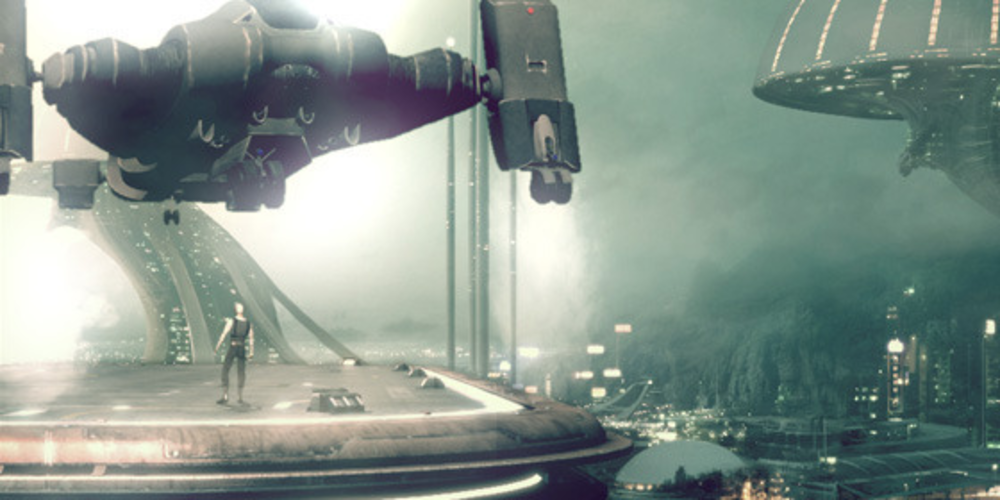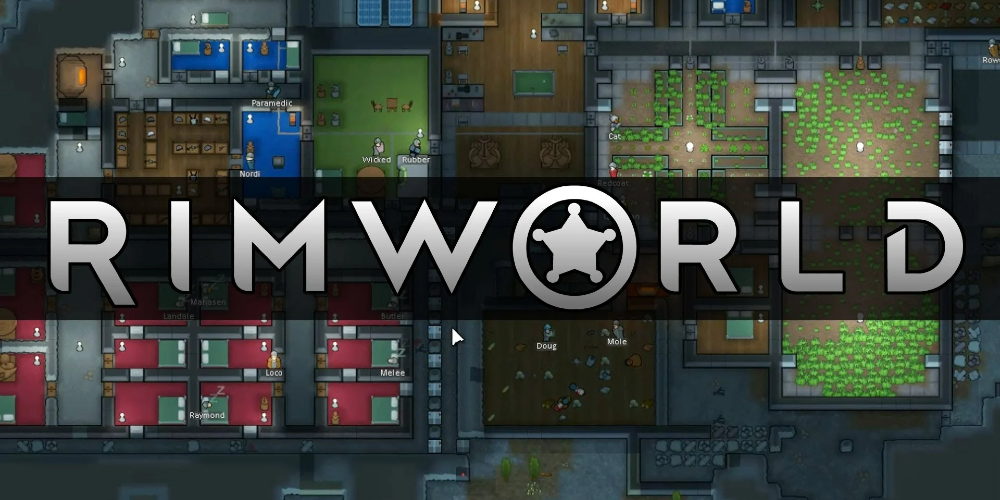Navigating the Cosmos: The Top 10 Most Realistic Sci-Fi Games
- Dec 06, 2023
- 172

Science fiction has a special place in the hearts of gamers, offering a chance to explore the unknown and experience the thrill of discovery. Yet, it's the games that ground their fantastical elements in real-world science that often leave the most lasting impressions. These titles not only provide entertainment but also challenge us to think, learn, and ponder what could be. Here, we journey through the ten most accurate science fiction games, each a testament to the genre's ability to harmonize imagination with empirical knowledge.
Introduction
In the vast universe of video games, science fiction stands as a beacon of innovation, inviting players to embark on journeys through time and space while grappling with concepts rooted in actual scientific thought. The realism in these games ranges from subtle nods to our current understanding of the cosmos to full-fledged simulations of complex phenomena. What follows is a ranking of the ten most accurate sci-fi games that have managed to intertwine scientific plausibility with the art of gaming, providing a cerebral twist to the interactive experience.
10. The Last Of Us Series: A Post-Apocalyptic Tale of Survival

The Last of Us and its sequel tread the line between a gripping narrative and a chillingly plausible scenario. Centered around a parasitic fungus that hijacks the behavior of its hosts, the game draws inspiration from Ophiocordyceps unilateralis, a real-world species that manipulates ants for its reproductive cycle. This concept is expanded, reimagining a world where the fungus has evolved to infect humans, turning them into aggressive, zombie-like creatures. The Last of Us captures the essence of scientific extrapolation, crafting a hauntingly believable apocalypse.
9. Cyberpunk 2077: A Cautionary Tale of Technology and Society
In Cyberpunk 2077, the sprawling metropolis of Night City serves as a playground for exploring the consequences of unchecked technological advancement and corporate dominance. From neural implants to invasive advertising, the game presents a near-future that feels uncomfortably close to our current trajectory. Environmental catastrophes such as Inversion Smog are extrapolated from today's pollution crises, painting a dystopian yet credible picture of tomorrow's challenges.
8. Mass Effect Series: Expanding the Science of Interstellar Travel
The Mass Effect franchise invites players to traverse a galaxy rich with alien cultures and advanced technologies. The series stands out for its dedication to scientific coherence, particularly in explaining faster-than-light travel through the concept of mass negation. Grounded in theoretical physics, Mass Effect doesn't shy away from delving into the intricacies of dark matter and energy, providing a thoughtful backdrop for its interstellar escapades.
7. Metal Gear Solid 2: Predicting the Digital Age

Metal Gear Solid 2 was ahead of its time in anticipating the rise of digital warfare, artificial intelligence, and the proliferation of information (and misinformation) through social media. Released in 2001, the game foretold many of the technological and societal shifts that would come to pass, including the ethical conundrums posed by advanced robotics and the manipulation of public perception via the internet.
6. Death Stranding: Echoes of Our Connected World
Death Stranding's release eerily preceded the global pandemic, depicting a fractured society where individuals remain isolated for safety, relying on a network of delivery workers to sustain them. The game's mechanics emphasize realistic physics, from the burden of carrying supplies to the construction of simple machines, mirroring the logistical challenges faced by our own world in times of crisis.
5. Blade Runner: A Vision of AI and Environmental Decline
The Blade Runner video game, like its film and literary predecessors, explores the ethical quandaries of artificial intelligence indistinguishable from human beings. Set against the backdrop of a decaying Earth, where environmental degradation has spurred mass off-world migration, the game contemplates our potential future, where the lines between humanity and technology blur amidst the specter of ecological collapse.
4. Rimworld: The Struggle of Space Colonization

Rimworld simulates the harsh realities of establishing a foothold in the unforgiving expanse of space. Lacking faster-than-light travel, the game emphasizes the isolation and resourcefulness required for survival on distant worlds. With a deep simulation engine, Rimworld captures the complexity of human experience, from the mundane to the profound, as players guide their colonists through the trials of extraterrestrial settlement.
3. Stellaris: An Interstellar Strategy Epic
Developed by Paradox Development Studio, Stellaris is a grand strategy game set in the sprawling cosmos. It simulates a vast array of socio-political dynamics, from the intricacies of interstellar economics to the evolution of galactic empires. Players must navigate the technological and diplomatic currents of a universe teeming with diverse life forms, reflecting the boundless possibilities that may await us among the stars.
2. Elite Dangerous: A Living Space Economy
Elite Dangerous presents a meticulously detailed model of our Milky Way, teeming with countless star systems and a dynamic economy driven by the actions of its players. As space pilots, gamers experience the freedom and realism of a future where space travel is as common as air travel is today. The game's emphasis on player agency and a shifting economic landscape offers a glimpse into the complex market forces that might govern humanity's future among the stars.
1. Kerbal Space Program: A Journey Through Real Astrophysics

Topping our list, Kerbal Space Program stands as a beacon of scientific authenticity. Tasking players with constructing and launching spacecraft, the game is rooted in the actual physics of space exploration. Players grapple with the challenges faced by real-world aerospace engineers, learning through a rigorous process of trial and error. KSP is a testament to the complexities and triumphs of spaceflight, embodying the spirit of discovery and innovation that defines the genre of science fiction.
Conclusion
Science fiction games provide more than just escapism; they offer a canvas where the laws of nature meet the frontiers of imagination. From cautionary tales of technological dystopia to the celebration of human ingenuity in space exploration, these games have bridged the gap between what is and what could be. They educate, inspire, and challenge us, allowing us to dream of the stars while keeping our feet grounded in the real-world science that makes it all possible. As we continue to push the boundaries of both gaming and scientific knowledge, we can look forward to even more immersive and accurate portrayals of the future that awaits us.